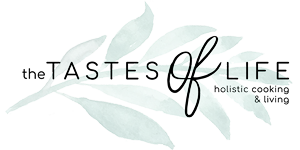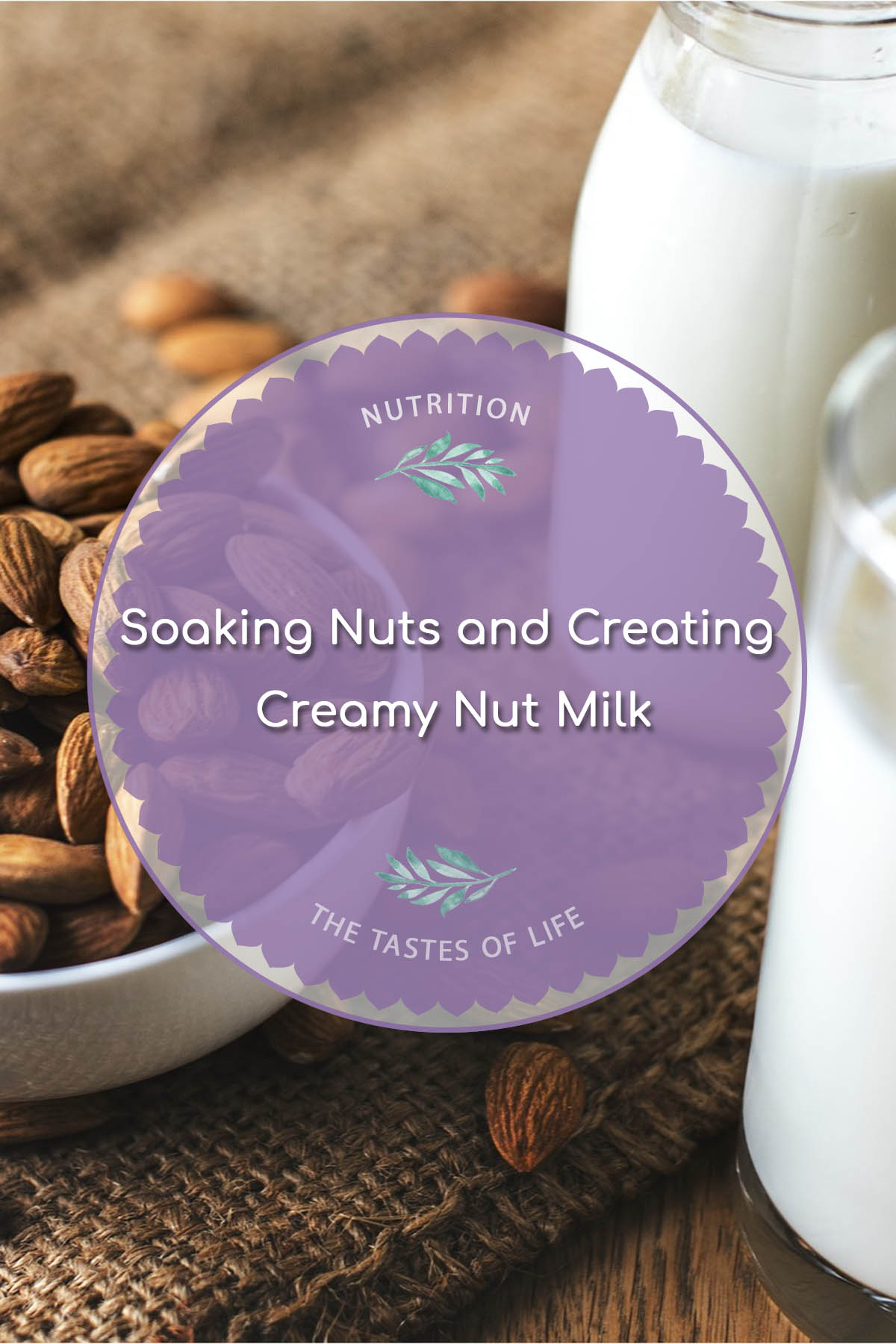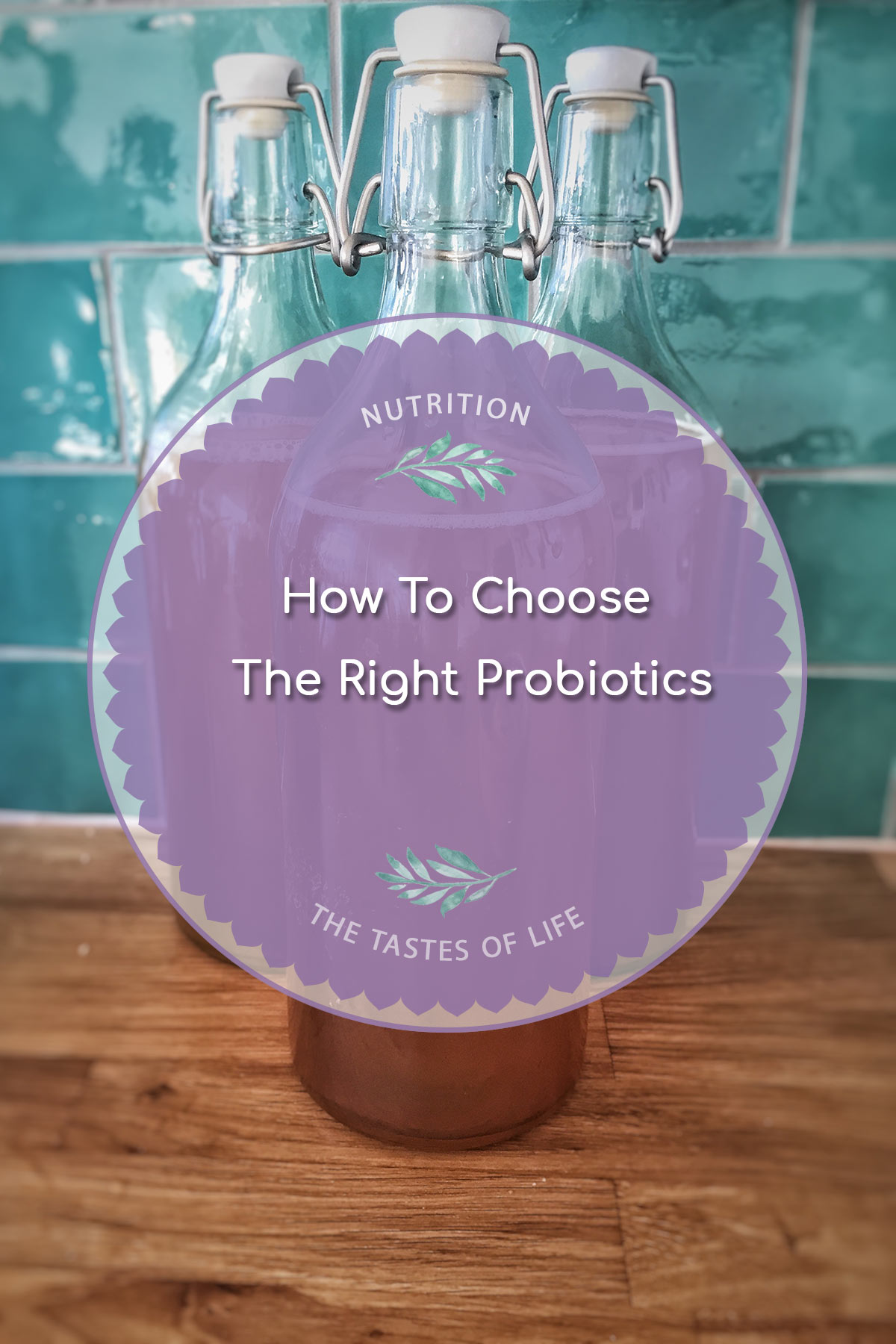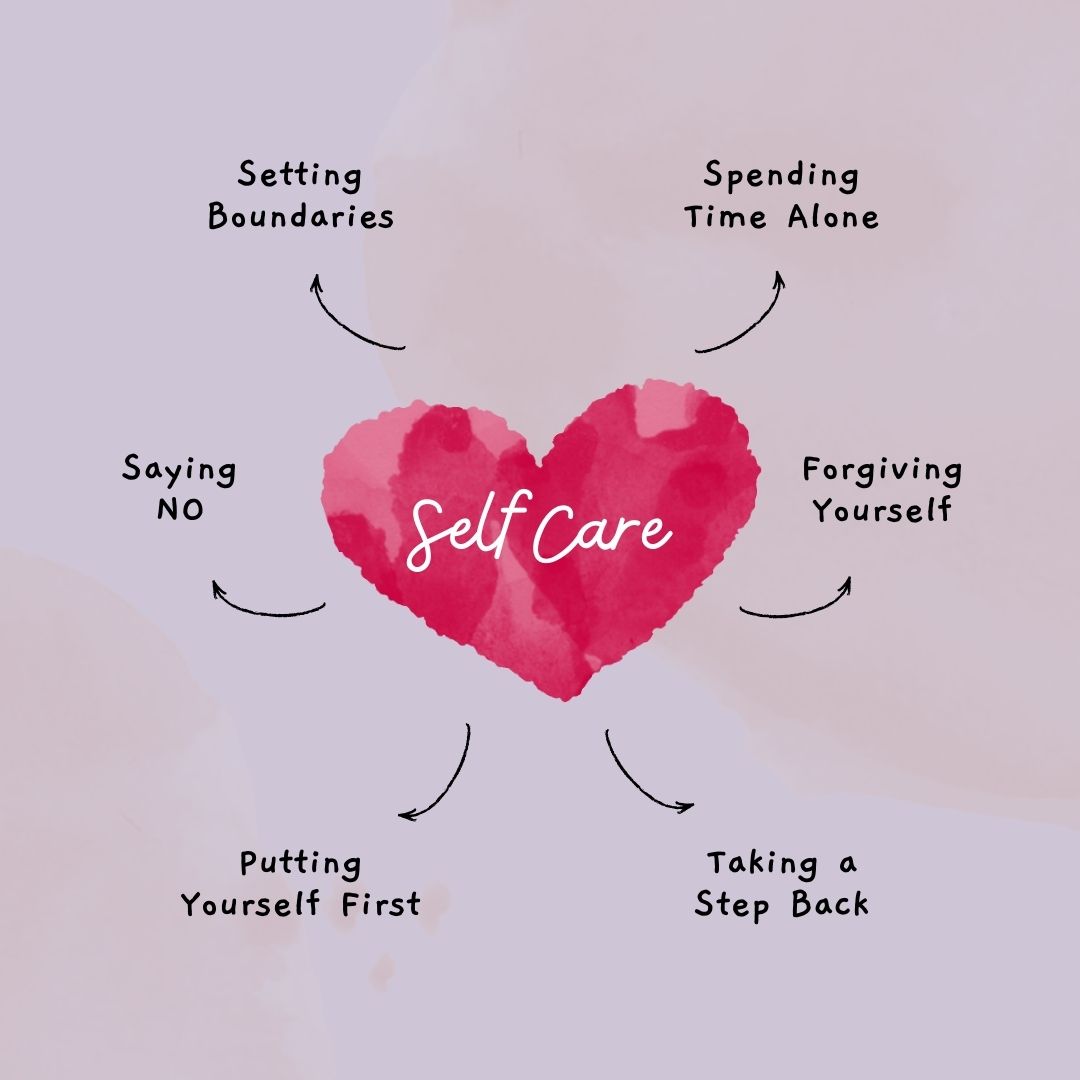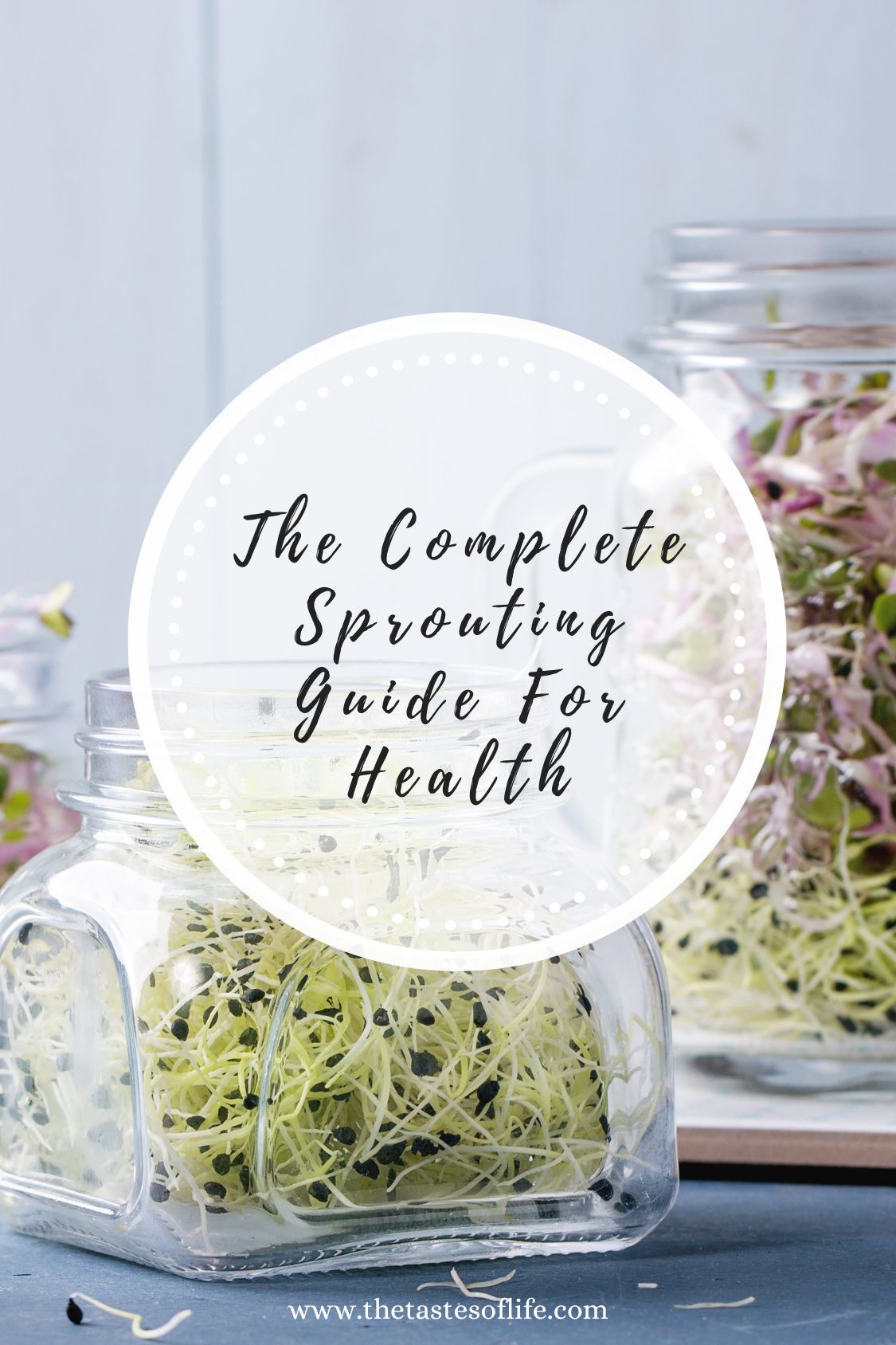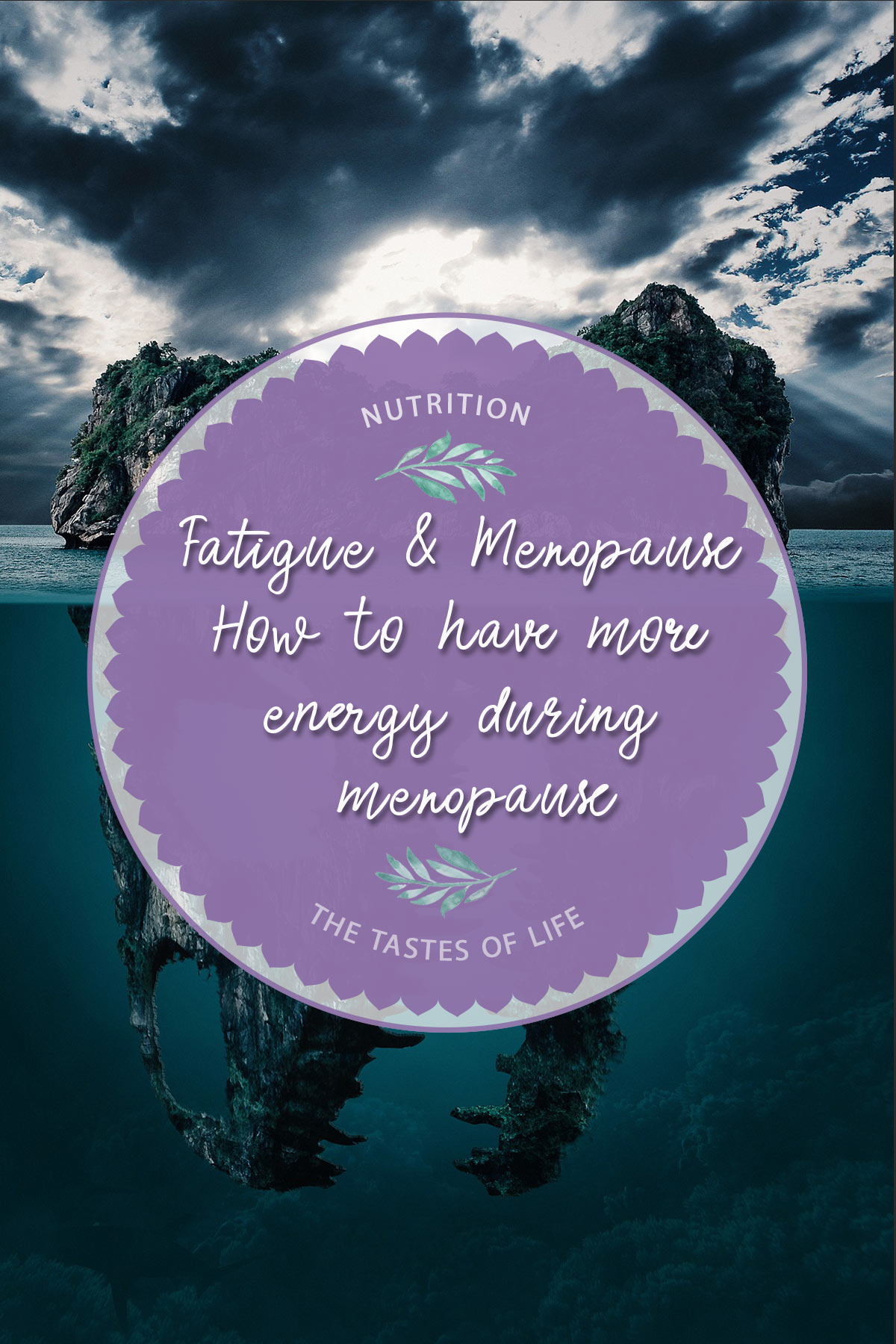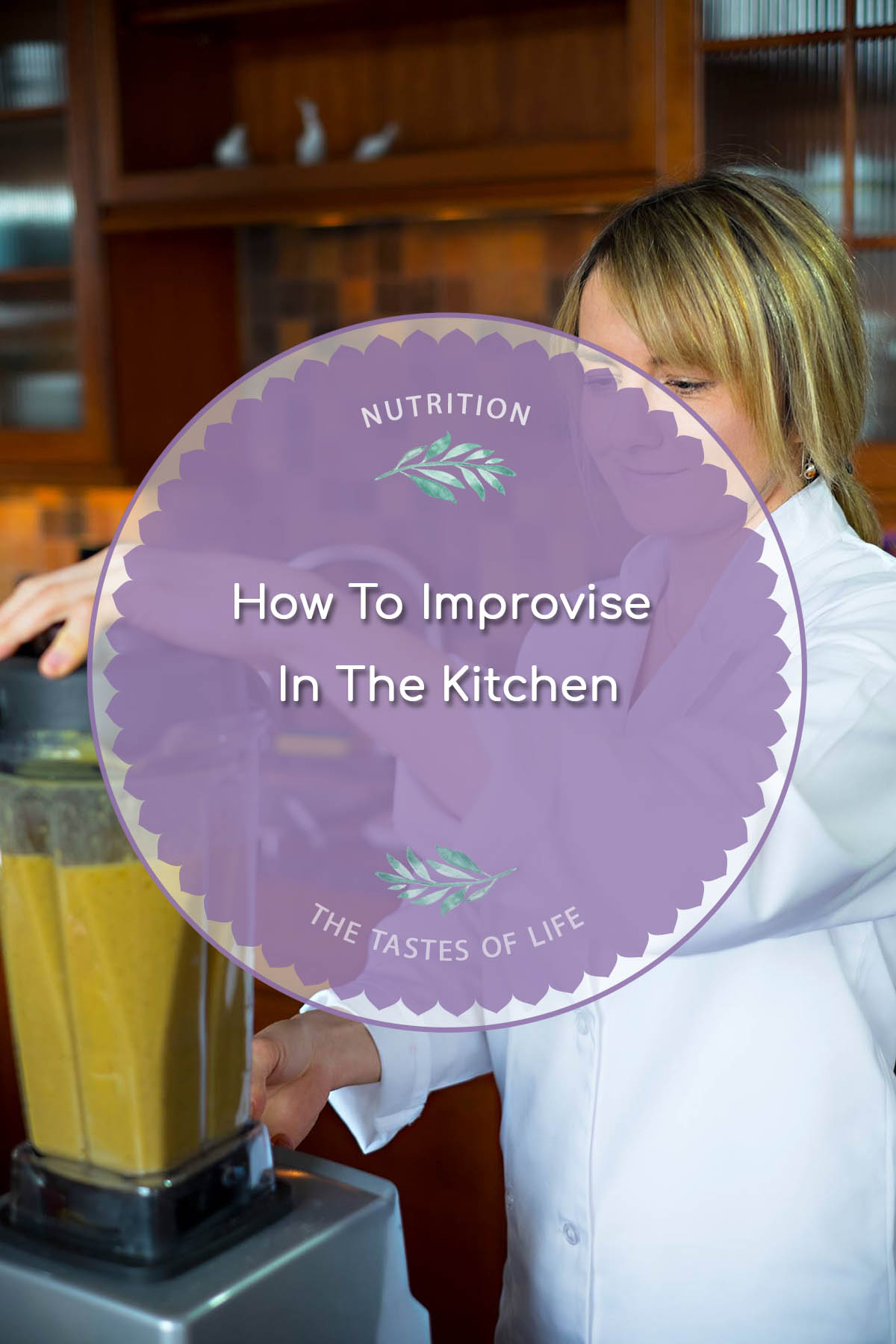The Liver’s Role In Hormone Balance
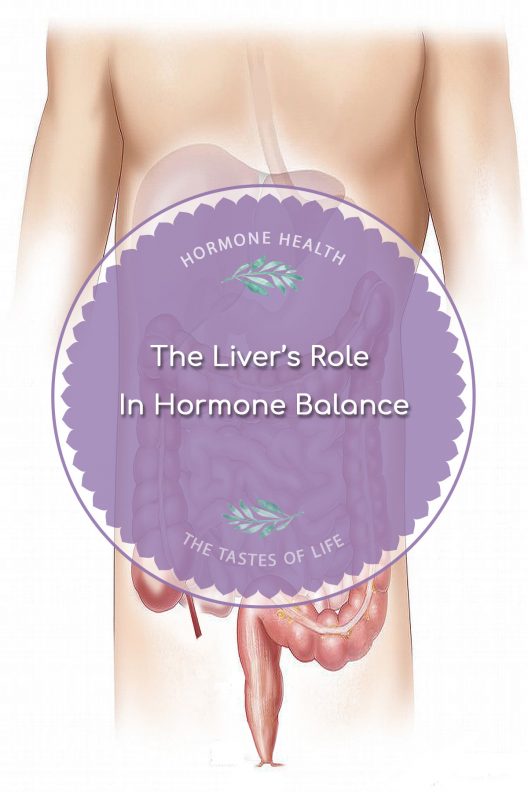
How the Liver Impacts Balanced Hormones
Everything we eat, breathe, or absorb through the skin gets into the bloodstream and eventually passes through the liver. The liver is the body’s primary detoxifier and keeping it healthy is critical to our health, including having healthy hormones and proper metabolism.
Liver Function
Our liver is the largest organ of the body and main detoxification organ. It is located on your right side on the end of your right rib cage, just below the diaphragm. The primary role of the liver is the detoxification of drugs, cholesterol, hormones, food additives, and chemicals in cosmetics, blood, and protein. The liver also helps
produce bile.
Think about a sewage treatment plan. The liver filters everything that we put in our bodies and separates the nutrients that the body needs for energy and from what the body doesn’t need like: toxins and metabolic waste. Because of what we eat (fried food, process food), as well as what is in the environment like pollutants, pesticides, polluted water and chemicals we can’t detoxify properly, and our liver is overloaded and overworked. When our liver is overworked, we can’t efficiently and adequately detoxify.
Liver functions include:
- Converts proteins, carbohydrates, and fats to nutrients and energy
- Removes toxic chemicals and bacteria
- Metabolize drugs
- Breaks down alcohol
- Creates bile to break down fats and eliminate fat-soluble toxins and excess hormones
- Stores vitamin and minerals
- Regulates sex hormones levels
- Stores sugars as fuel (glycogen)
- Helps maintain fluid and electrolyte balance
- Filters blood and regulate blood clotting
- Creates serum proteins, which act as hormone carriers
- Stores extra blood for quick release
If your liver is not working efficiently, you can experience digestive problems, hormonal imbalances, skin-related allergies, blood sugar fluctuation, intolerance to coffee and alcohol and more. It is crucial that our liver work properly to be in optimal health.
When we aren’t taking care of our life and eating processed food, drinking too much alcohol or coffee, eating non- organic food full of pesticides, using commercial skincare full of toxins health problems can arise.
Hormone Metabolism
The liver is vital in our hormonal balance. It helps process hormones, manufactures and regulates hormone levels and helps direct hormones to perform their proper function in the body. If we experience a hormone excess (whether produced by the body or introduced by hormone therapy like conventional hormone replacement therapy (HRT), typically consisting of synthetic hormones or a biologically-identical hormone therapy (BHT), and any women on ‘the pill’ ), the liver is not be able to process the hormone(s) as quickly or efficiently, and this process might cause a
hormone imbalance.
Estrogen Hormones
One of the primary roles of the liver is regulating the sex hormones, primarily the estrogen hormones.
Researchers are finding new information about estrogen and how is it metabolized. Estrogen breaks down into estrogen metabolites that have different levels of estrogenic activities. Some of those metabolites have a stronger estrogenic effect than others and have a higher risk of developing estrogen-related cancer.
What do we know about liver detoxification pathways?
The liver has two primary phases of detoxification known as the Phase I and Phase II pathways.
During Phase, I (cytochrome P450) liver breaks down the toxins, harmful substances, and some hormones and converts them into intermediate forms, which have to be further metabolized in Phase II and excreted through bile and urine.
Each of the pathways needs a large number of specific nutrients, including vitamins, minerals, enzymes, and amino acids. Estrogen is metabolized in Phase I and II. Ovaries produce estrogen in women, primarily estradiol, which is then converted to estrone, then eventually to estriol. The liver has to metabolize the remaining estradiol and the converted estrone and then excrete the excess from the body.
It is believed that the liver’s ability to metabolize estrone is the key to understanding estrogen-related cancer risk.
Estrone is converted into various metabolites including 2-hydroxyestrone, a very weak estrogen, and 16-alphahydroxyestrone, a very potent estrogen during Phase I liver detoxification. What can happen during this conversion process is that the stronger form of estrogen rather than the weaker form can be favored and the tissue
can have too much estrogen receptors. This happens with breasts and uterus tissue, which can be more vulnerable to excessive estrogen activity and might lead to the formation of fibroids or the stimulation of estrogen-sensitive cancers.
Phase I can be affected by many factors such as the effect of caffeine, alcohol, drugs, lack of nutrients, or interference from other substances (such as grapefruit juice, which slows down the enzymes in Phase I). Those other substances can slow down hormone metabolism. If we provide the liver with necessary nutrients in this phase such as Indole-3-carbinol (I3C), a phytonutrient derived from cruciferous vegetables (e.g., cabbage, radishes, broccoli, cauliflower, and Brussels sprouts), it will help the liver do its job, and metabolize hormones properly and reduce the risk of estrogen-dependent cancers.
In Phase 1free radicals are being produced and they can be very damaging to the body. They need to be quickly neutralized by antioxidants; otherwise, they will damage the cells and the tissues of the body. The body needs proper nutrients for that to happen such as minerals like selenium, vitamins C and E, and other substances such as glutathione and lipoic acid, which help protect against free radicals. Those intermediate forms – free radicals produced in Phase I are in a highly reactive until they are fully converted in Phase II.
Phase II is known as conjugation phase. A process where nutrients such as amino acids, hormones, and other substances are being combined (conjugated), so they can be converted to water-soluble compounds and excreted efficiently in the urine or stool.
One of the conjugation pathways is called methylation, where small parts of molecules, called methyl groups, are passed from one molecule to another. During that process, estrogens are being methylated so that they can be readily excreted. The liver needs an adequate supply of vitamin B6, folic acid, and vitamin B12 for a proper amount of methyl groups.
A supplement is known as SAMe (s-adenosylmethionine) can also be helpful because it is a rich source of methyl groups and sulfur.
Another conjugation pathway is called sulfation, where sulfur groups are added to estrogen and other molecules to prepare them for elimination. That is why we need to supply the liver with adequate amounts of foods containing sulfur such as egg yolks, onion, garlic, brussels sprouts, and animal protein.
Glucuronidation is another process that involves drug metabolism, pollutants, and by which estrogens and androgens can be conjugated. It can be affected by the health of your gut. When the gut is healthy and has more good bacteria than bad this process work without problems. When you have an overgrowth of harmful bacteria
in your gut, an enzyme produced by those bacteria such as beta-glucuronidase may inhibit the conjugated part from the estrogen. Instead, estrogen is excreted from the body is reabsorbed back and allowing build-up to excessive levels. Calcium D glucarate (found in fruits and vegetables) might help render the enzyme inactive and prevent this buildup.
Glutathione conjugation is the process in which xenobiotics, carcinogens (heavy metals) are being removed from the body and where a sulfur-containing molecule, is added to estrogen for easy excretion.
We need glutathione for detoxification of alcohol, which is crucial for healthy hormones. Even a small amount of alcohol has an impact on estrogen levels because alcohol competes for glutathione and prevents estrogen exertion. Foods such as walnuts, and avocado are rich in glutathione, and vitamin C. Those fruits and vegetables also help stimulate the body to produce more of vitamin C and glutathione.
Glutathione is one of the most critical detoxifiers in the body because it is an antioxidant in Phase I. Glutathione help neutralize the free radicals produced in Phase I, and combines with them to produce water-soluble compounds that can be excreted.
Special note on liver bile
Bile is a fluid secreted by the liver for the absorption and digestion of fats and fat-soluble substances. Stored in the gall bladder, where it then flows through the bile duct to the small intestine, and eventually eliminated via the stool.
Fat-soluble toxins, such as excess estrogen hormones, are being eliminated from the body through the intestines with the aid of bile. However, women who are on birth control pills can have difficulty eliminating excess estrogens, which may be linked to an inhibited bile flow. Methionine is an essential amino acid, which can improve bile flow and help reduce excess estrogen levels.
How to maintain a healthy liver?
Maintaining a healthy liver is critical to maintaining hormone balance, and overall health.
Without a healthy liver, there are no healthy hormones because they are intimately connected. The liver has a critical effect on hormones and, it is also affected by hormones (external such as hormones replacement therapy). The liver can be protected by providing it with adequate nutrients, reducing exposure to toxins and chemicals that compete for liver function.
Love your liver; be kind to your liver. Drink less alcohol and coffee, eat more organic food, use clean cosmetic and cleaning supplies, eliminate process and fried foods, and those with preservatives or other additives from your diet. Drink plenty of water to facilitate the elimination of toxic and excess substances. Reduce exposure to toxic chemicals such as herbicides and pesticides in your yard. Eat food that aid liver detoxification such as cruciferous vegetables, milk thistle, garlic, dandelion, and broccoli sprouts.
Do you want to know more? Book a session here: https://calendly.com/thrivinghormones-llc/15-minute-free-consultation
Please feel free to comment or ask any questions below. Share the blog on Instagram with the hashtag #thetastesoflifeholisticblog . Hungry for More? Subscribe to our newsletter delivered straight to your inbox! And be sure to stay in touch on Facebook and for all of the latest updates.
Yum